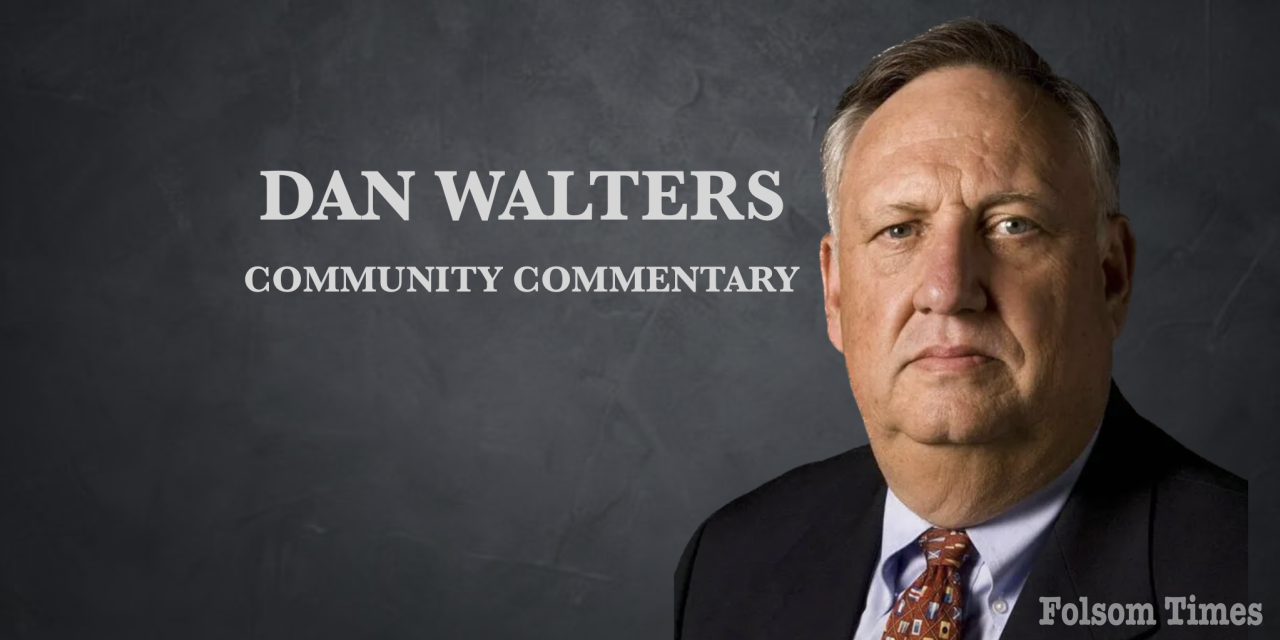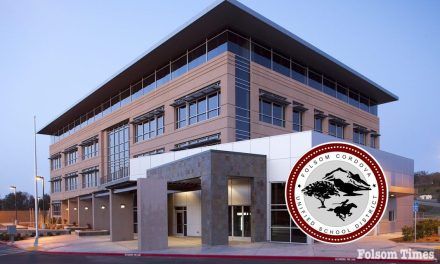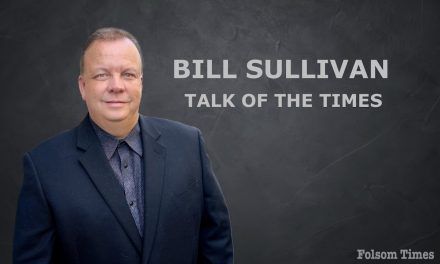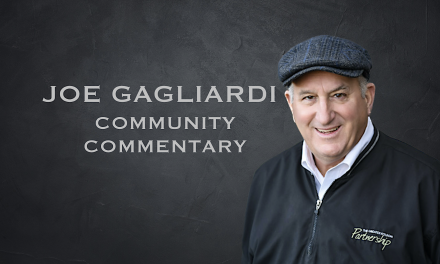Early explorers believed California to be an island, and while its physical attachment to the rest of North America eventually became evident, it nevertheless has sought to forge an island-like cultural and political identity – a “nation-state” in Gov. Gavin Newsom’s description.
There are, however, limits. Legally, California is still just one of 50 states and thus is subject to federal law, including the U.S. Constitution.
California politicians sometimes ignore that basic fact of civic life in their zeal to lead the parade. But when they cross the legal line, as defined in federal law, they get their comeuppance.
For instance, the federal appeals court that oversees California recently overturned an ordinance passed by city leaders in Berkeley, one of the state’s more adventuresome jurisdictions, to ban natural gas service in newly constructed buildings.
The 2020 ordinance, cheered by environmentalists as a gesture to reduce greenhouse gases, was challenged by the California Restaurant Association for violating federal authority to set energy efficiency standards.
A federal trial judge upheld the ordinance but the 9th District Court of Appeals declared that federal law did, indeed, preempt the issue so Berkeley could not strike it out on its own.
California’s governors and legislators are also prone to enacting new laws that run afoul of the U.S. Constitution, federal law or, in some cases, the state’s own constitution.
Chris Micheli, a lobbyist who is also a student of legislative procedure and teaches at the University of the Pacific’s McGeorge School of Law, has assembled a lengthy list of legislative decrees that later fared poorly in the courts.
They include such recent laws as those mandating female and members of “unrepresented communities” on corporate boards and prohibiting doctors from making politically incorrect statements about COVID-19.
One entire class of California laws, those imposing sometimes unique restrictions on private gun ownership, has fallen prey to constitutional challenges in recent months, thanks to the U.S. Supreme Court’s expansive interpretations of the constitutional right to bear arms.
While gun organizations have been challenging California’s array of gun control laws for years, the Supreme Court’s landmark Bruen decision last year, invalidating New York’s almost total ban on the carrying of personal weapons, opened the door. One by one, California’s laws are being invalidated.
Just last month, for instance, a federal judge in Southern California overturned the state’s law prohibiting the sale of handguns that don’t meet stringent – and technically unworkable – safety requirements, declaring that it runs afoul of the Bruen decision.
Even before the Bruen decision, a San Diego federal judge, Roger Benitez, had tossed out California’s ban on magazines holding more than 10 rounds, the state’s ban on assault rifles, and a law requiring background checks for ammunition purchases.
Another law that fell recently was one dreamed up by Newsom and the Legislature as a symbolic stunt – authorizing lawsuits against some gun manufacturers with conditions that made defense almost impossible. It was patterned after a Texas law making it easier to sue those who performed abortions, and Attorney General Rob Bonta didn’t even try to defend it when the inevitable lawsuit challenged it.
Undeterred by the serial invalidation of California gun laws, Newsom and legislators are working on another measure that, they say, would fit within the constraints of the Bruen decision. Senate Bill 2 would create new standards for the issuance of concealed weapons permits and list a number of new places where carrying weapons would be prohibited, even by those having permits.
Whatever emerges from this year’s session would face new legal challenges, and given the state’s recent record, would also likely be shot down in court.
Dan Walters is a journalist and author who writes for CALmatters.org, a nonprofit, nonpartisan media venture explaining California policies and politics. Folsom Times is an authorized CalMatters media partner.




